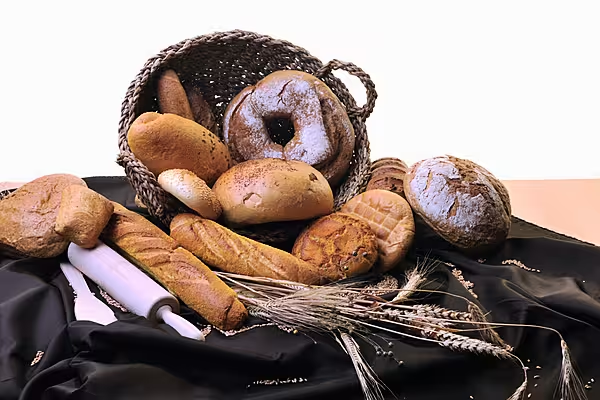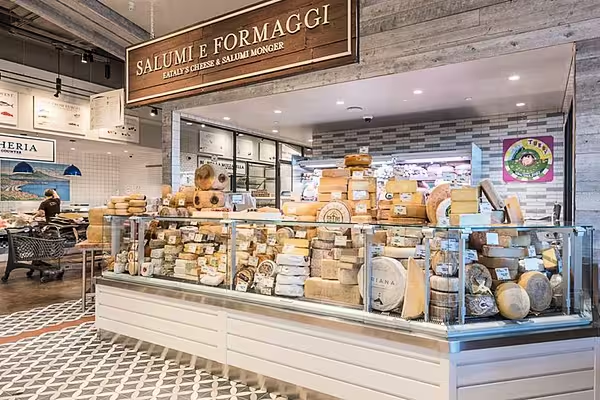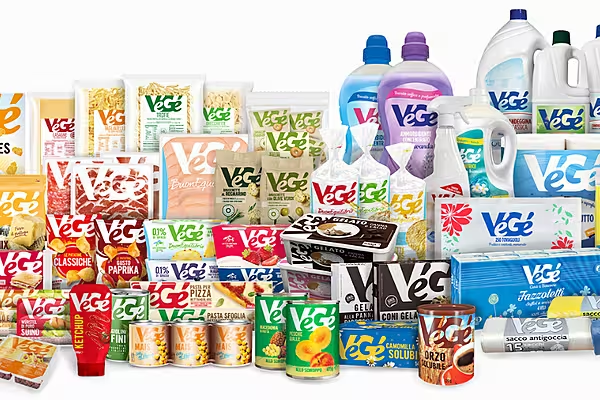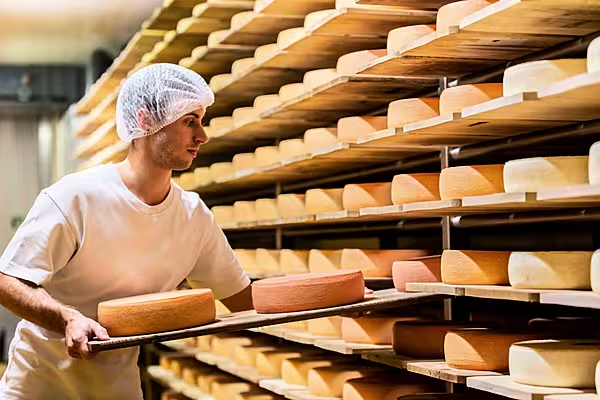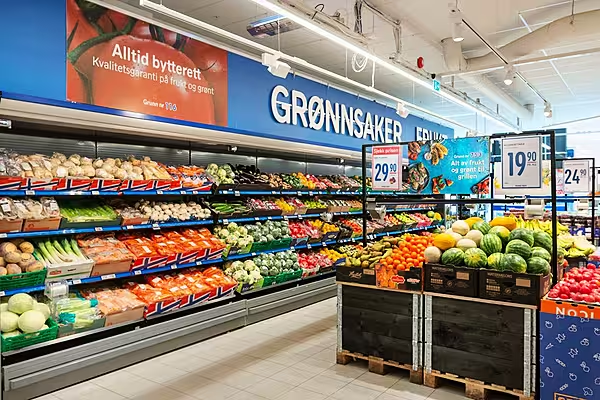Italy is drafting new legislation that will make a clear distinction between the fresh bread produced by artisan bakeries and conserved and ready-prepared bread in supermarkets.
The draft bill on 'provisions governing the production and sale of bread' has been presented in Parliament and has received support from numerous bakers’ associations.
Among the motivations for proposing the bill is that it will 'enable consumers to make an informed purchase by understanding whether the bread they are buying is fresh, or is a product that was originally frozen or even produced outside the EU'.
The draft bill expressly 'forbids the use of the term "fresh bread" to be used for bread destined to be sold on the day following that on which the production process was completed, regardless of the conservation mode, as well as for bread sold after the completion of the baking of pre-baked bread, and for bread obtained by [the] baking of intermediate bakery products'.
According to the president of the Italian Bakers’ Association (Assipan), Claudio Conti, the bakery sector has seen a 30-per-cent drop in consumption over the past ten to 12 years, as a result of increased competition from the big retail chains, the economic crisis and changes in dietary trends.
The artisan bakery sector in Italy is worth €7 billion, employing 400,000 people across 25,000 businesses, mostly family size.
© 2015 European Supermarket Magazine – your source for the latest retail news. Article by Branislav Pekic. To subscribe to ESM: The European Supermarket Magazine, click here.
